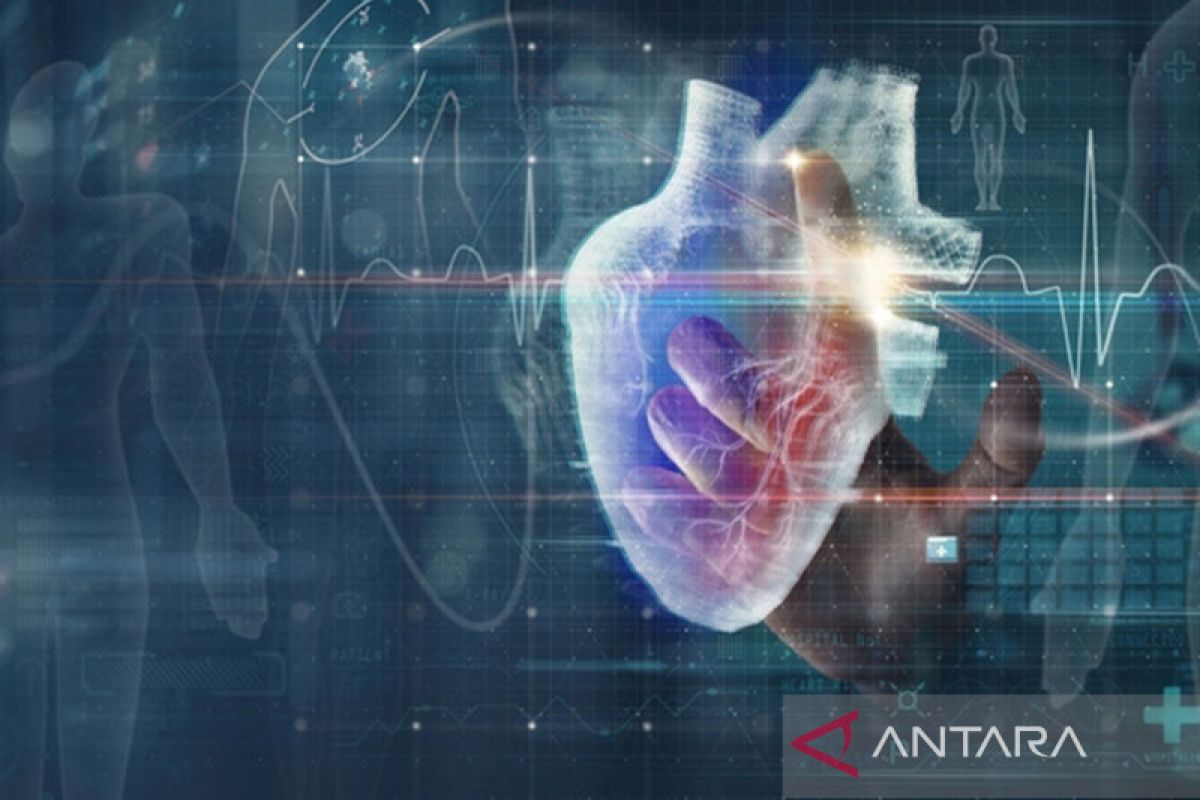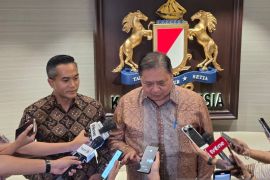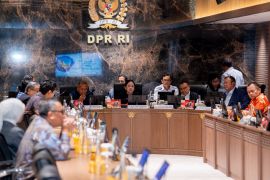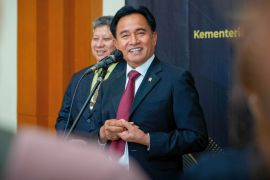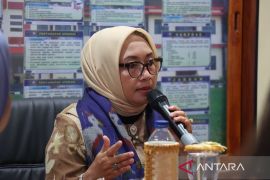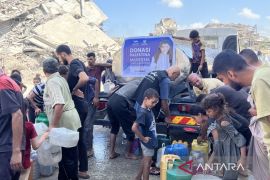Kesia, which provides services related to electronic medical record (e-MR) platforms, shared its vision and comprehensive understanding of the Indonesian Health Ministerial Regulation No.24/2022 on medical records.
The ministerial regulation mandates healthcare providers in Indonesia to provide medical records electronically by upholding the principles of data and information security and confidentiality.
"Through this policy, the health service facilities are required to run an electronic patient medical history recording system," Jakarta Heart Center's president commissioner Fathema Djan Rachmat told the talk show's participants.
Rachmat, who delivered a presentation at the event, highlighted the importance of digital health platforms, arguing that they allow providers to offer value-based and hassle-free virtual care to patients.
Emerging technologies, including artificial intelligence (AI), telemedicine, and blockchain, and monitoring tools such as sensors, wearables, and ingestibles, deliver continuous and real-time data on people's health and environment, she said.
In the health technology developed by Johns Hopkins, for instance, a new AI-enabled system searches through clinical notes and medical records to find individuals who may be at risk of infection before symptoms appear, she said.
Speaking about the benefits that patients would get from the availability of e-MRs, she said they would get better and quicker care with fewer errors compared to paper records.
The availability of e-MRs would also provide better patient health data security and privacy, support data-based decisions, identify patients who require screenings and preventive care, and improve treatment and diagnosis, she added.
Meanwhile, e-MRs would benefit healthcare providers by lowering operational costs, optimizing workflows, helping customize and scale patients' records, helping contact other medical facilities, saving space for storing data, and enabling outreach, she explained.
During the talk show, which was also marked by the launch of Kesia's products, she also shared her insights on the Indonesian health services (IHS) or the Indonesian Health Ministry's SatuSehat Platform with representatives of various stakeholders from the health sector who joined the event.
According to Rachmat, the SatuSehat Platform provides “standardized specifications and mechanisms for business processes, data, technical, and security.”
"Kesia has been able to get integrated into (the systems) of BPJS (the Healthcare and Social Security Agency), SatuSehat, Antrian Online, Mobile JKN, LIS, and PACS," she added.
Related news: Ministry to prepare five provincial hospitals for heart disease
Related news: President urges hospitals to develop integrated smart systems
Related news: President urges hospitals to serve kis holders equally
Reporter: Rahmad Nasution
Editor: Azis Kurmala
Copyright © ANTARA 2023
